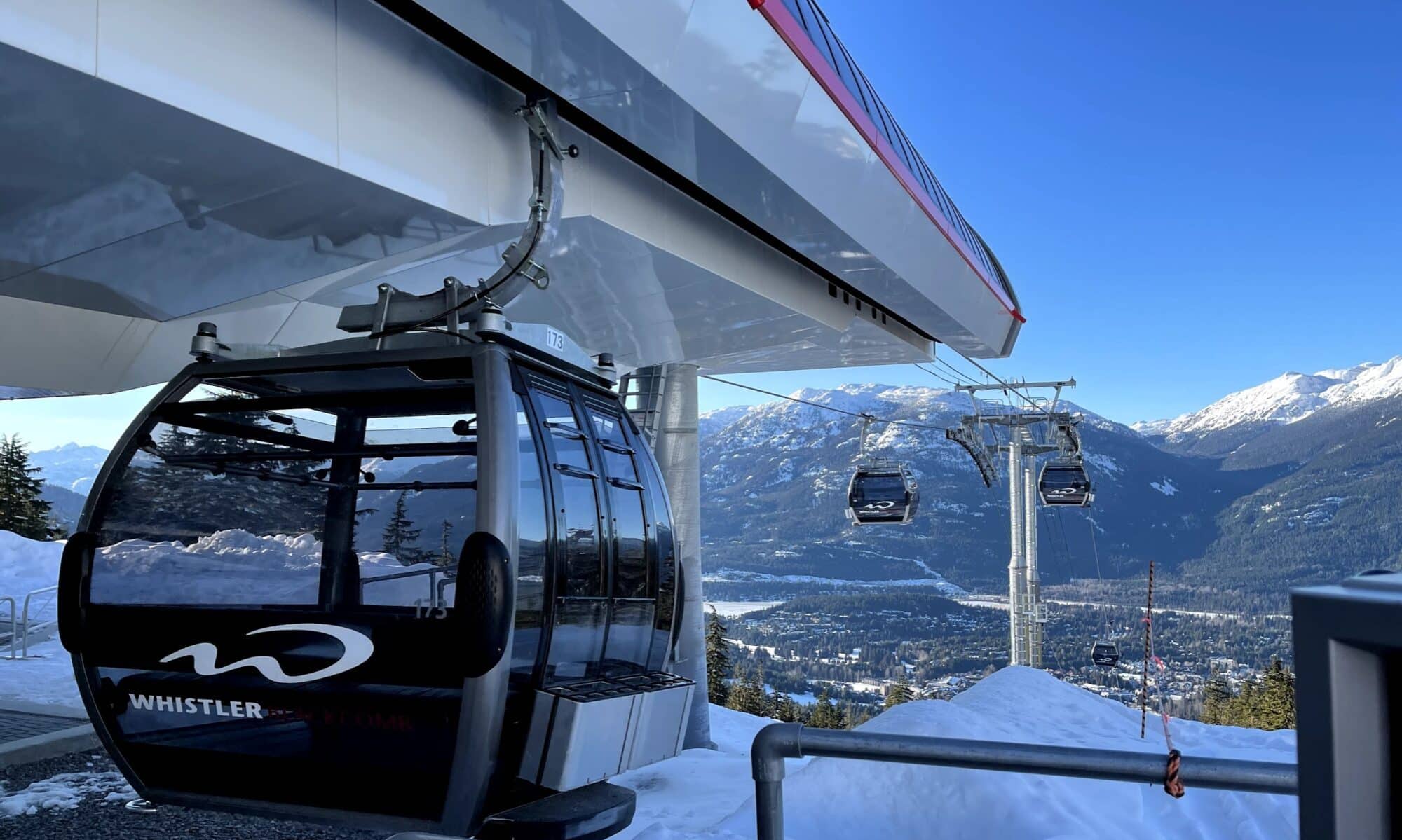Estimated reading time: 3 minutes
Key Takeaways
- Short-term rental hosts in BC must display a valid business licence number on advertisments to comply with the BC Registry.
- The Short-Term Rental Accommodations Act was introduced in 2025 to help municipalities regulate short-term rentals.
- Registration in the BC program costs $600 per year, while Whistler’s nightly rental business license costs $250 per year.
- Whistler’s regulation has been in place since 2017. To avoid fines, nightly rentals require a business licence.

